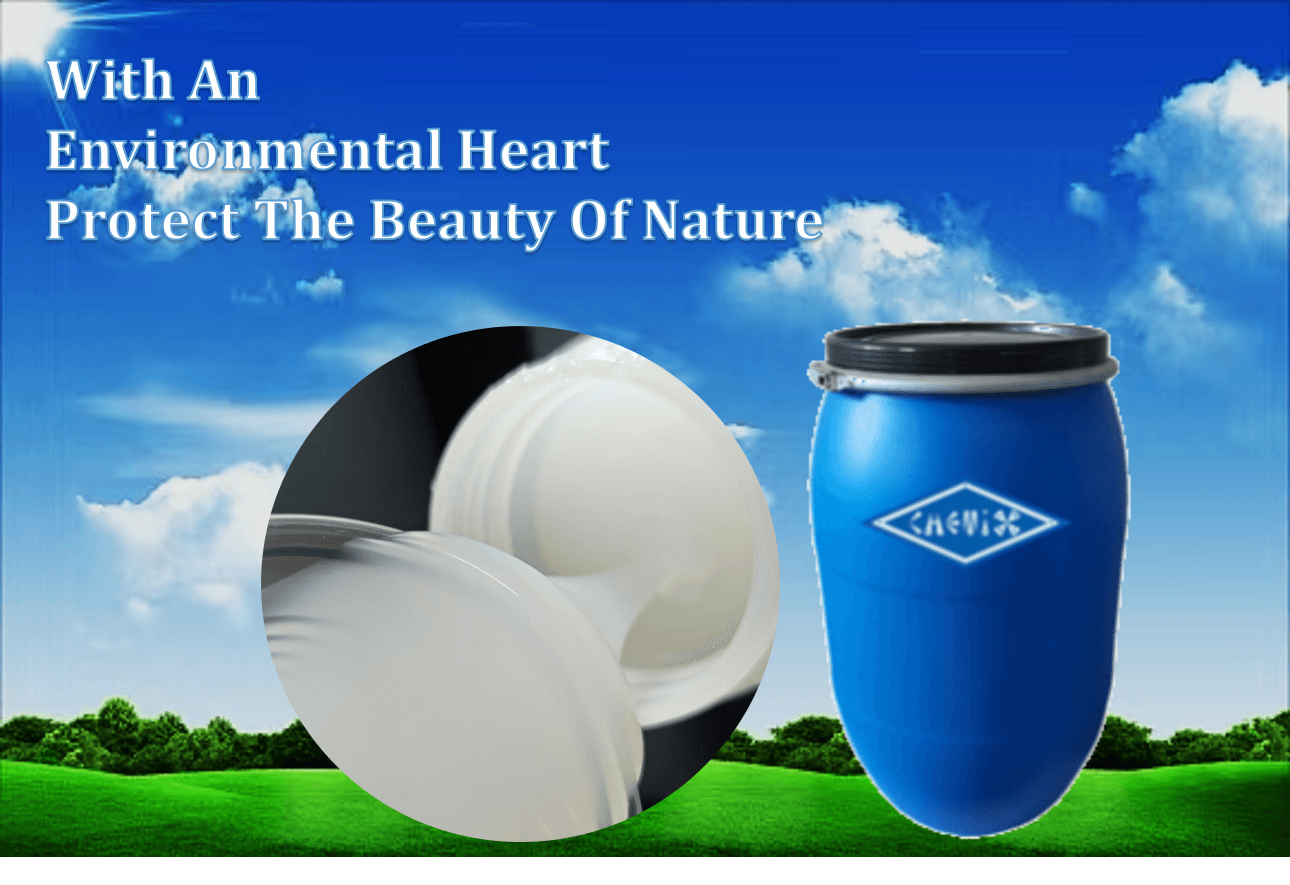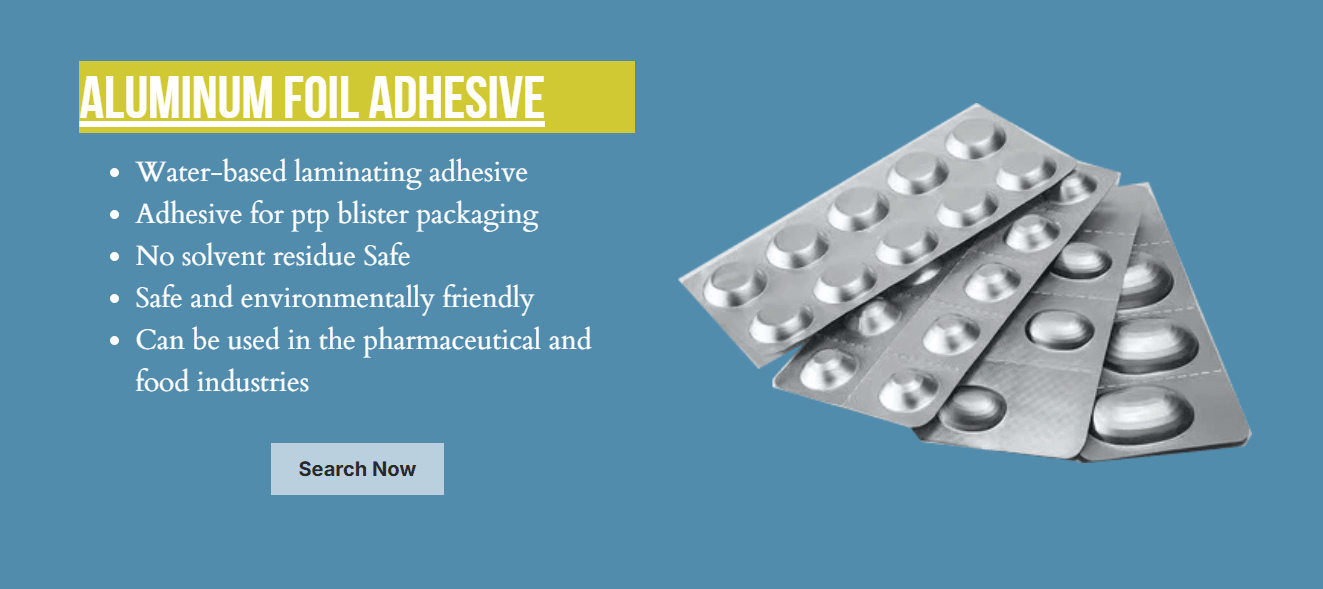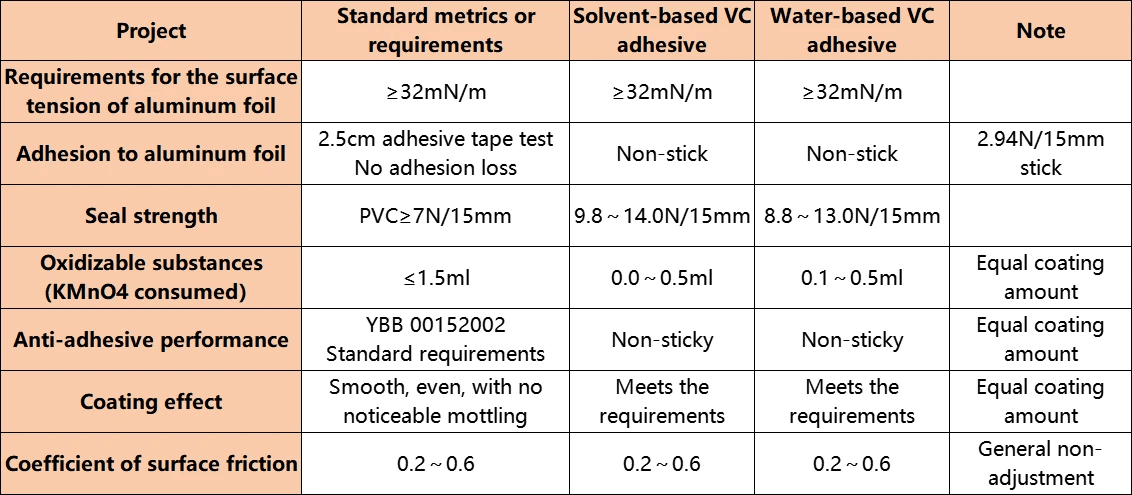Introduction

In a world increasingly conscious of environmental impact, the rise of eco-friendly adhesives marks a significant shift in manufacturing and packaging. These environmentally friendly adhesives are designed to minimize harm while maximizing performance, making them an attractive choice for industries ranging from food packaging to industrial laminating solutions. With innovations like plant-based adhesives taking center stage, it's clear that sustainability is not just a trend—it's the future.
The Rise of Eco-Friendly Adhesives
The demand for eco-friendly adhesive tape has surged as consumers and businesses alike seek sustainable alternatives to traditional bonding agents. This rise can be attributed to growing awareness about the harmful effects of synthetic chemicals on both health and the environment. As regulations tighten and consumer preferences shift, manufacturers are compelled to explore environmentally friendly adhesive options that align with modern values.
Why Choose Water-Based Solutions?
Water-based solutions offer a compelling alternative to solvent-based adhesives, combining performance with reduced toxicity. Not only do they provide excellent adhesion properties, but they also contribute to lower volatile organic compound (VOC) emissions, making them safer for both users and the planet. As industries adopt these water-based formulations, they pave the way for broader acceptance of eco-friendly adhesive technologies across various applications.
Understanding Plant-Based Adhesives
Plant-based adhesives represent a fascinating innovation in the realm of sustainable bonding agents. Derived from renewable resources, these materials not only reduce reliance on petrochemicals but also boast impressive performance characteristics that rival traditional options like lamination glue or laminate adhesive. By understanding how plant-based adhesives work and their potential applications—from food packaging to industrial laminating solutions—we can appreciate their role in shaping a greener future.
What Are Environmentally Friendly Adhesives?

In a world increasingly focused on sustainability, environmentally friendly adhesives are gaining traction as a viable alternative to traditional options. These adhesives are designed to minimize environmental impact while maintaining performance and functionality. By utilizing natural resources and reducing harmful emissions, eco-friendly adhesive solutions contribute to a greener future.
Definition and Key Characteristics
Environmentally friendly adhesives are formulated using renewable resources, which makes them less toxic and more sustainable than their conventional counterparts. Key characteristics include low volatile organic compounds (VOCs), minimal environmental impact during production, and the ability to biodegrade or be recycled after use. The primary goal is to provide effective bonding solutions without compromising safety or the environment.
Types of Eco Friendly Adhesive Options
There is a wide array of eco-friendly adhesive options available today, catering to various applications across industries. Plant-based adhesives are derived from natural sources such as starches, proteins, and resins, making them an excellent choice for both industrial laminating solutions and consumer products like eco-friendly adhesive tape. Other options include water-based adhesives that utilize water as a solvent instead of harmful chemicals, ensuring safety in applications like adhesives in food packaging.
Benefits of Choosing Green Adhesives
Choosing green adhesives comes with numerous benefits that extend beyond just environmental considerations. For starters, they often offer improved indoor air quality due to their low VOC content—an essential factor for health-conscious consumers and businesses alike. Additionally, these adhesives can enhance brand reputation by aligning with sustainability goals while providing reliable performance in applications such as lamination glue for industrial uses or laminate adhesive in various manufacturing processes.
The Role of Water-Based Resin Solutions

In the realm of environmentally friendly adhesives, water-based resin solutions are gaining significant traction. These innovative formulations are designed to reduce the environmental footprint while providing excellent bonding capabilities. With a focus on sustainability, they cater to various applications, including eco-friendly adhesive tape and industrial laminating solutions.
Features of Chemix's Water-Based Resin
Chemix's water-based resin stands out due to its unique formulation that prioritizes both performance and safety. This plant-based adhesive is free from harmful solvents, making it a top choice for manufacturers aiming for greener production methods. Additionally, its low VOC (volatile organic compounds) content ensures better indoor air quality, which is crucial for environments like food packaging facilities where safety is paramount.
Applications in Adhesives and Coatings
The versatility of Chemix's water-based resin means it can be utilized across a broad spectrum of applications, including adhesives in food packaging and laminate adhesive solutions. In the world of adhesive lamination, this eco-friendly adhesive excels by providing strong bonds without compromising on sustainability. Furthermore, its adaptability makes it suitable for coatings that require durability while still being environmentally responsible.
Performance Comparison with Traditional Solvents
When comparing water-based resins to traditional solvent-based options, the benefits become clear: reduced environmental impact without sacrificing performance. While some might argue that solvent adhesives offer stronger initial adhesion, advancements in plant-based adhesives have significantly closed this gap. In many cases, water-based formulations outperform their traditional counterparts in terms of flexibility and resistance to yellowing over time—key factors for those using lamination glue in long-term applications.
Adhesives in Food Packaging

In the bustling world of food packaging, the importance of using safe and sustainable materials cannot be overstated. The shift towards environmentally friendly adhesives is driven by increasing consumer awareness about health and environmental impact. As food safety regulations tighten, the demand for eco-friendly adhesive solutions that do not compromise on performance is more critical than ever.
Importance of Safety and Sustainability
Food packaging must prioritize not only the safety of its contents but also the health of consumers and the environment. Traditional adhesives often contain harmful chemicals that can leach into food products, raising concerns about their long-term effects on human health. This is where plant-based adhesives shine; they provide a safer alternative that aligns with sustainability goals while ensuring that food remains protected and fresh.
Innovations in Eco-Friendly Adhesive Solutions
The rise of eco-friendly adhesive tape options has led to significant advancements in adhesive technology tailored for food packaging applications. Innovations like bio-based laminating solutions utilize renewable resources to create strong bonds without compromising on quality or durability. Manufacturers are increasingly turning to these plant-based adhesives, which not only meet performance standards but also appeal to environmentally conscious consumers.
Regulatory Standards and Consumer Demand
Regulatory standards surrounding food packaging are evolving rapidly, with a growing emphasis on using environmentally friendly adhesive materials. Consumers are becoming more discerning, demanding transparency about what goes into their packaging—this includes a preference for eco-friendly adhesive solutions that minimize environmental impact. As businesses respond to this shift, we can expect an uptick in innovative approaches to adhesive lamination that prioritize both safety and sustainability.
Industrial Laminating Solutions
In the world of manufacturing and packaging, industrial laminating solutions have emerged as a game-changer. These solutions utilize laminate adhesive to bond layers of materials, creating products that are not only durable but also environmentally friendly. As industries shift towards sustainability, the demand for eco-friendly adhesive options has skyrocketed, making plant-based adhesives a popular choice for laminate applications.
Benefits of Using Laminate Adhesive
Laminate adhesive offers several advantages that make it an attractive option for various applications. First and foremost, it enhances the strength and durability of products while maintaining flexibility—essential for items like packaging and furniture. Additionally, using an environmentally friendly adhesive reduces harmful emissions during production, aligning with global sustainability goals and attracting eco-conscious consumers.
Another significant benefit is the versatility of laminate adhesives; they can be used on a wide range of substrates including paper, plastics, and metals. This adaptability makes them ideal for industries such as construction, automotive, and even in adhesives in food packaging where safety is paramount. By opting for eco-friendly adhesive tape or plant-based adhesives in these applications, companies can improve their environmental footprint without sacrificing quality or performance.
Applications Across Various Industries
The applications for industrial laminating solutions are vast and varied across multiple sectors. In the construction industry, laminate adhesives are used extensively to bond panels in wall systems or flooring materials due to their superior adhesion properties. Similarly, the automotive sector leverages these adhesives to enhance vehicle interiors while ensuring lightweight designs that contribute to fuel efficiency.
In addition to construction and automotive uses, eco-friendly adhesive tape finds its place in electronics as well—bonding components securely while reducing hazardous waste associated with traditional solvents. The packaging industry also benefits significantly; utilizing plant-based adhesives ensures that products remain safe for consumers while minimizing environmental impact through responsible sourcing practices. Overall, these diverse applications highlight the importance of innovative lamination glue solutions in driving sustainable development across industries.
Case Studies of Successful Implementation
Numerous companies have successfully integrated eco-friendly adhesive technologies into their manufacturing processes with remarkable outcomes. For instance, a leading furniture manufacturer adopted plant-based adhesives for their laminated wood products—resulting in reduced VOC emissions by over 60%. This switch not only met regulatory standards but also appealed greatly to environmentally conscious customers looking for sustainably sourced furniture.
Another case involved a food packaging company that transitioned from traditional solvent-based glues to environmentally friendly adhesive options made from renewable resources. Their new approach not only improved product safety but also enhanced shelf life without compromising on performance—an essential factor when considering adhesives in food packaging scenarios where contamination risks must be minimized.
Lastly, an automotive parts supplier implemented lamination glue derived from bio-sourced materials into their production line which led to significant cost savings due to reduced waste disposal fees and increased product durability under extreme conditions. These success stories exemplify how adopting industrial laminating solutions can lead businesses toward greener practices while maintaining high-quality standards.
The Future of Adhesive Technology
The adhesive industry is on the brink of a transformative era, driven by innovations in plant-based adhesives that are as effective as their traditional counterparts but far kinder to our planet. As consumers become more environmentally conscious, the demand for eco-friendly adhesive tape and other sustainable products continues to rise. This shift not only reflects changing consumer preferences but also encourages manufacturers to invest in greener solutions that align with sustainability goals.
Innovations in Plant-Based Adhesives
Recent advancements in plant-based adhesives have opened up exciting possibilities for various applications, including adhesives in food packaging and industrial laminating solutions. These innovations often utilize renewable resources, making them a sustainable alternative to petroleum-based options while providing strong bonding capabilities. With ongoing research and development, we can expect even more effective formulations that cater to diverse industries—from packaging to construction—ensuring that eco-friendly adhesive tape becomes a staple everywhere.
Environmental Impact and Sustainability Goals
The environmental impact of traditional adhesives has prompted many companies to pivot towards environmentally friendly adhesive options that minimize pollution and waste. By adopting plant-based adhesives, businesses can significantly reduce their carbon footprint while meeting regulatory standards aimed at promoting sustainability. As part of broader sustainability goals, these eco-friendly solutions not only benefit the environment but also enhance brand reputation among increasingly eco-conscious consumers who prioritize green products.
The Shift Towards Green Packaging
The shift towards green packaging is gaining momentum, with many brands recognizing the importance of incorporating sustainable materials into their processes—including laminate adhesive and lamination glue derived from natural sources. This transition isn't just about aesthetics; it's about ensuring that every aspect of packaging aligns with environmental values while still delivering performance excellence. As regulations tighten and consumer demand for sustainable products grows, we can anticipate a future where eco-friendly adhesive options dominate the market.
Conclusion

In a world increasingly focused on sustainability, the rise of eco-friendly adhesives is not just a trend; it's a necessity. These environmentally friendly adhesive options offer numerous advantages, from reduced environmental impact to enhanced safety in applications like food packaging. As industries shift towards greener practices, the demand for plant-based adhesives and other eco-friendly solutions continues to grow.
Exploring the Benefits of Eco-Friendly Adhesives
Eco-friendly adhesive tape and other environmentally friendly adhesive products provide significant benefits beyond their green credentials. They minimize harmful emissions during production and application, making them safer for both users and the environment. Additionally, these adhesives often boast impressive performance characteristics that rival traditional options, proving that sustainability doesn't have to come at the cost of quality.
The versatility of plant-based adhesives opens up new avenues for innovation across various sectors. For instance, in food packaging, using environmentally friendly adhesive solutions ensures that products are not only safe but also sustainable—an essential factor as consumer demand shifts toward greener choices. Furthermore, adopting these adhesives can enhance brand reputation as companies align themselves with eco-conscious values.
Why Water-Based Solutions Matter
Water-based solutions stand out among eco-friendly adhesive offerings due to their low toxicity and ease of use. Unlike solvent-based alternatives that release volatile organic compounds (VOCs), water-based adhesives provide a safer working environment while maintaining strong bonding capabilities. This is particularly important in sensitive applications such as industrial laminating solutions where safety and efficiency are paramount.
Moreover, lamination glue derived from water-based sources has shown impressive performance across diverse industries—from construction to packaging—making it an ideal choice for modern manufacturing needs. The growing popularity of laminate adhesive formulations highlights a broader trend toward sustainable practices without sacrificing effectiveness or durability in bonding applications.
As consumers become more aware of environmental issues, the push for water-based solutions will only intensify; businesses must adapt or risk falling behind.
The Future of Sustainable Adhesives
Looking ahead, the future of sustainable adhesives appears bright with ongoing innovations in plant-based adhesives paving the way for even more effective options tailored to specific needs. As technology advances, we can expect improvements in adhesion strength and application methods that further reduce environmental footprints while enhancing user experience across various sectors—including food packaging and industrial laminating solutions.
The shift towards green packaging will likely accelerate as regulations tighten around sustainability practices globally; companies embracing environmentally friendly adhesive technologies will find themselves at an advantage in this evolving marketplace. In addition to regulatory compliance, aligning with consumer preferences for sustainable products can lead to increased market share and customer loyalty.
Ultimately, the journey towards fully sustainable adhesive solutions is just beginning—but with continued innovation and commitment from manufacturers and consumers alike, we can look forward to a future where every bond made is not only strong but also kind to our planet.
